.webp)
Capri-Sun
The German packaging experiment became a global phenomenon. This is the history of Capri-Sun.
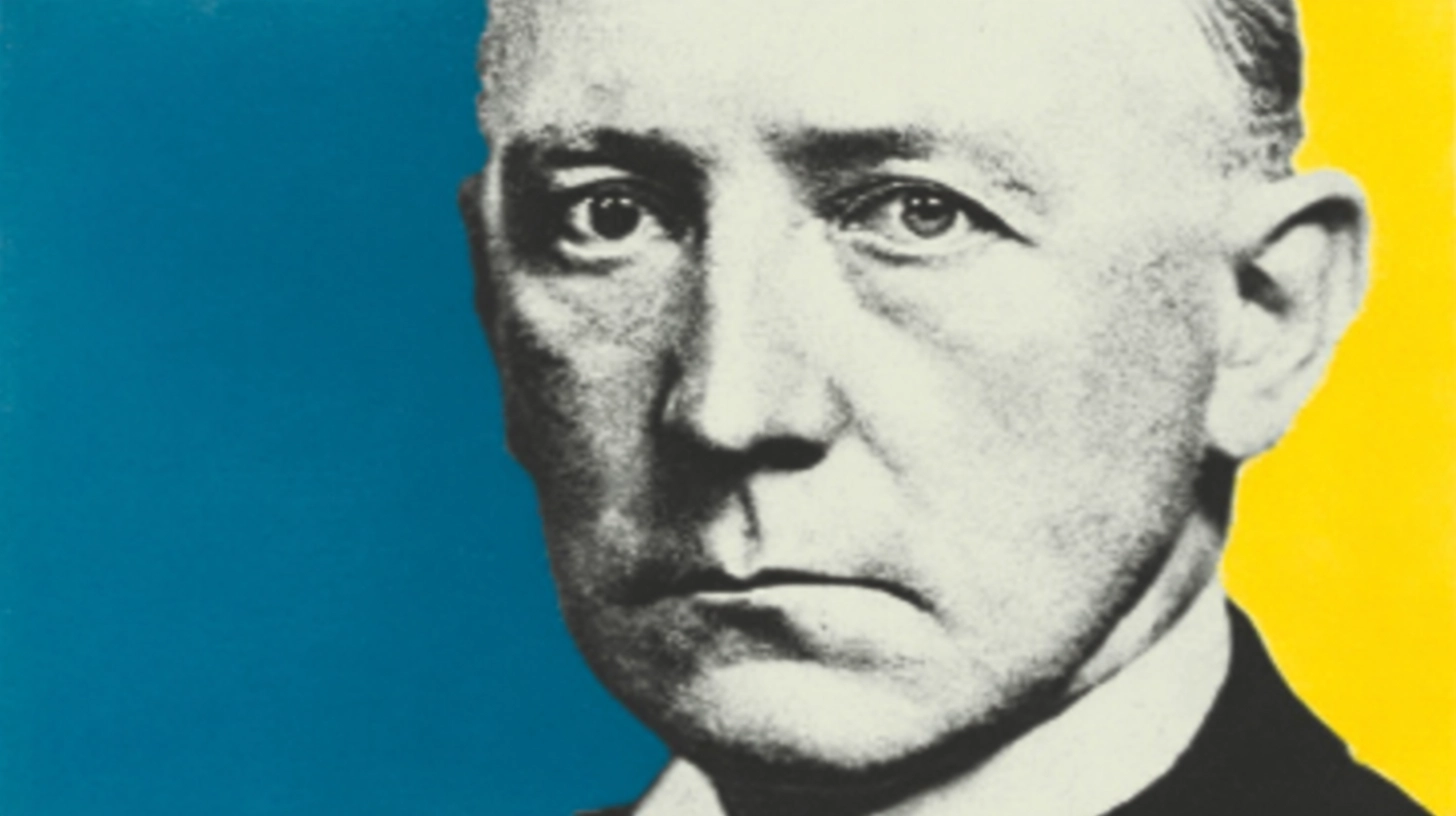
1931
Rudolf Wild opened Wild Flavours in Heidelberg, making natural food ingredients. No chemicals, no additives. This principle would define Capri Sun decades later.
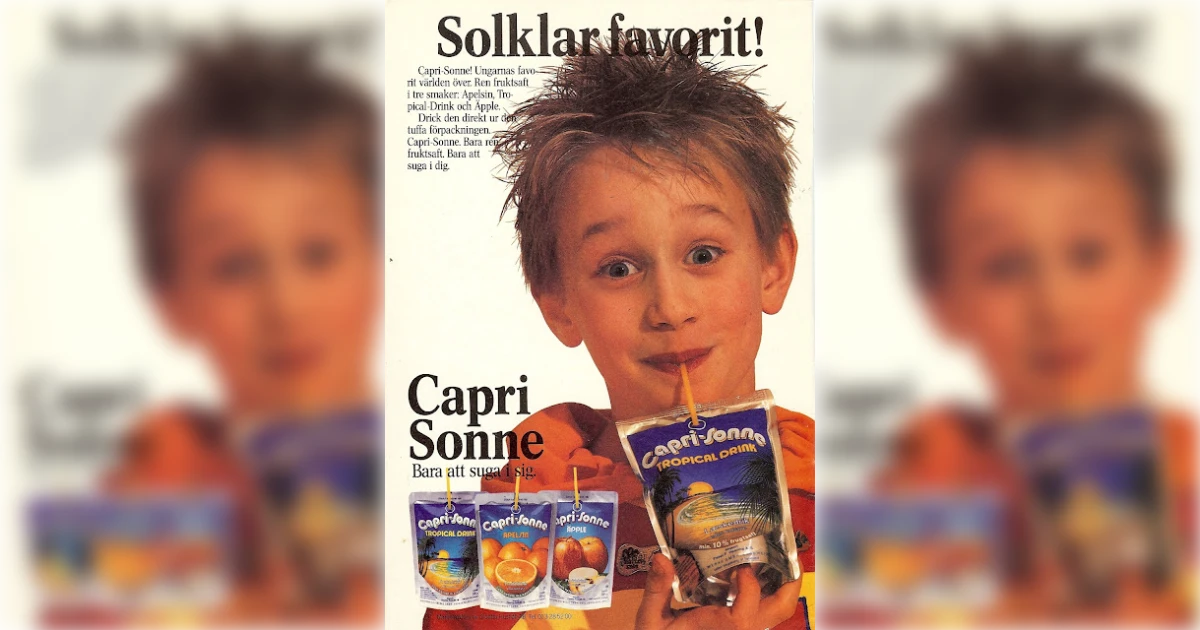
1969
Many decades later, Wild launched Capri-Sonne, the first drink sold in a stand-up pouch. He couldn’t find a bottling plant nearby, so he bought machines from a French company that made the pouches. The name came from Capri, where Germans vacationed.
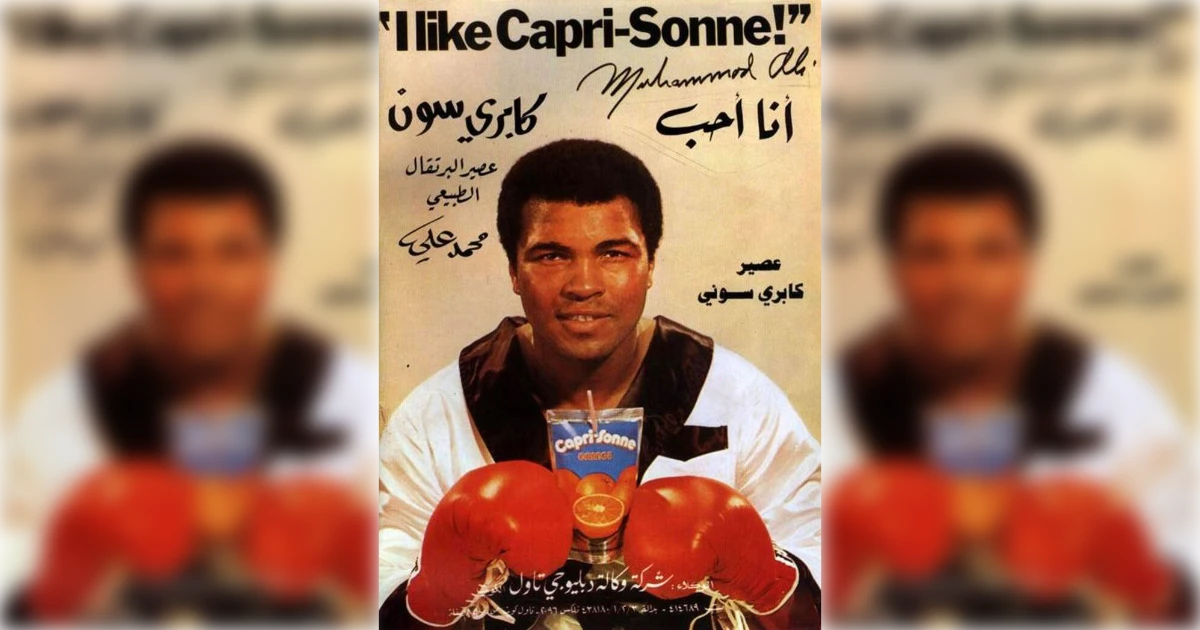
1978
Hans-Peter signed Muhammad Ali as the Capri-Sun’s face. Ali’s fame opened international markets. Sales jumped across Europe and beyond.
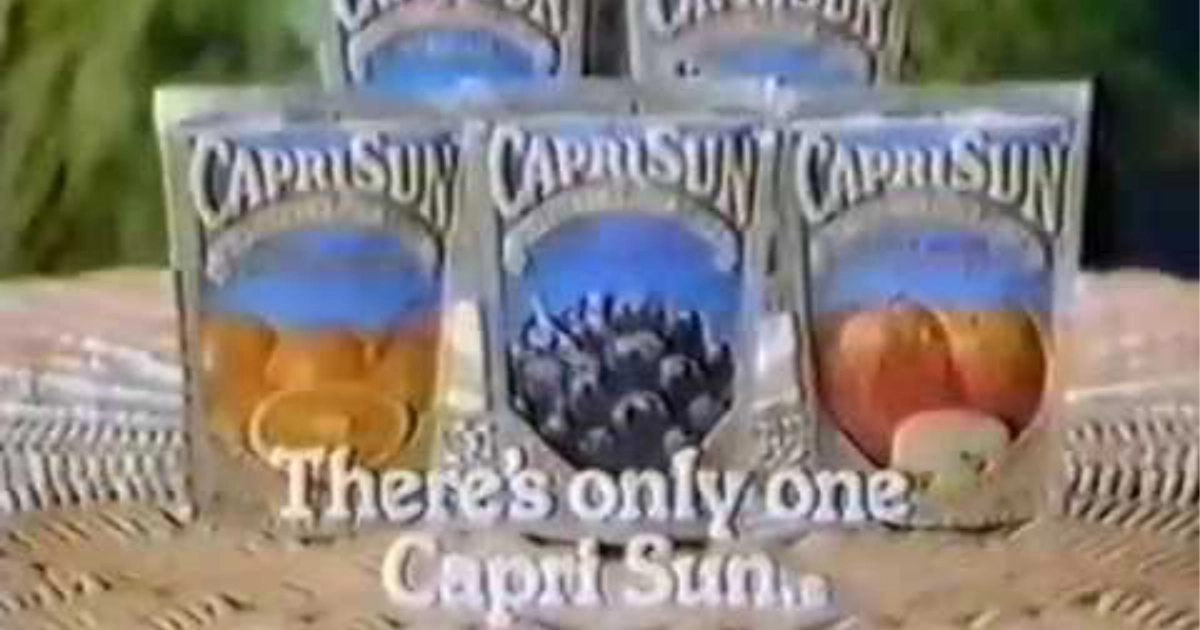
1981
Shasta Beverages brought Capri-Sun to America, targeting kids. The silver pouch stood out in lunchboxes. Children loved it. And parents bought it by the boatload.

1992
Capri-Sun dominated Europe. The pouch format beat traditional juice boxes and bottles across the continent.
Two years later, Capri Sun led the American market, too. The juice pouch was loved everywhere.
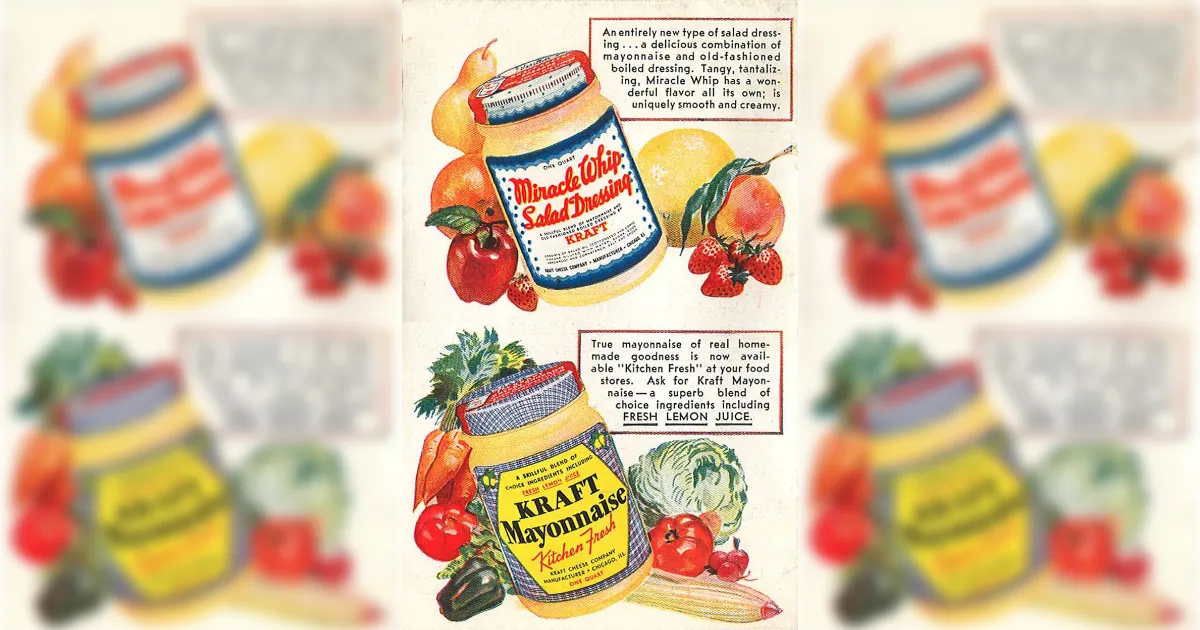
1991
Kraft bought the US rights to Capri-Sun for $155 million. They added Capri-Sun to Lunchables and pushed it through their massive distribution network. Sales tripled within five years.
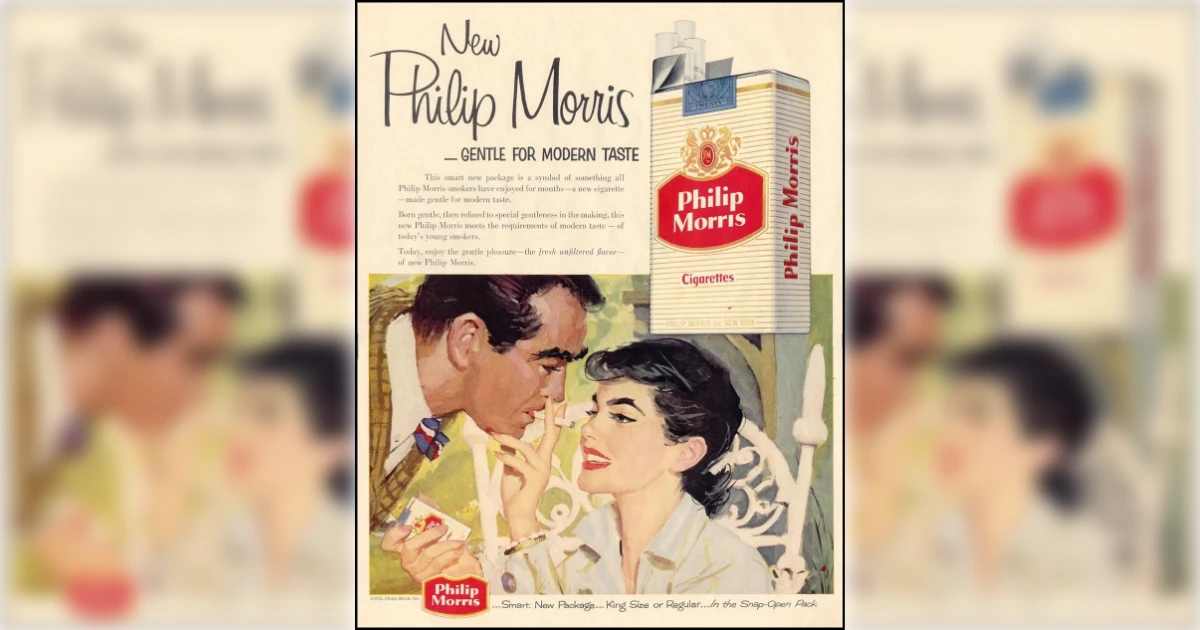
1990s
Kraft’s parent company, Philip Morris, knew how to sell to kids. They’d done it with cigarettes before regulations stopped them. In the ’90s, they used those tactics on Capri-Sun with beach scenes and bright colors. It worked. It also drew criticism.
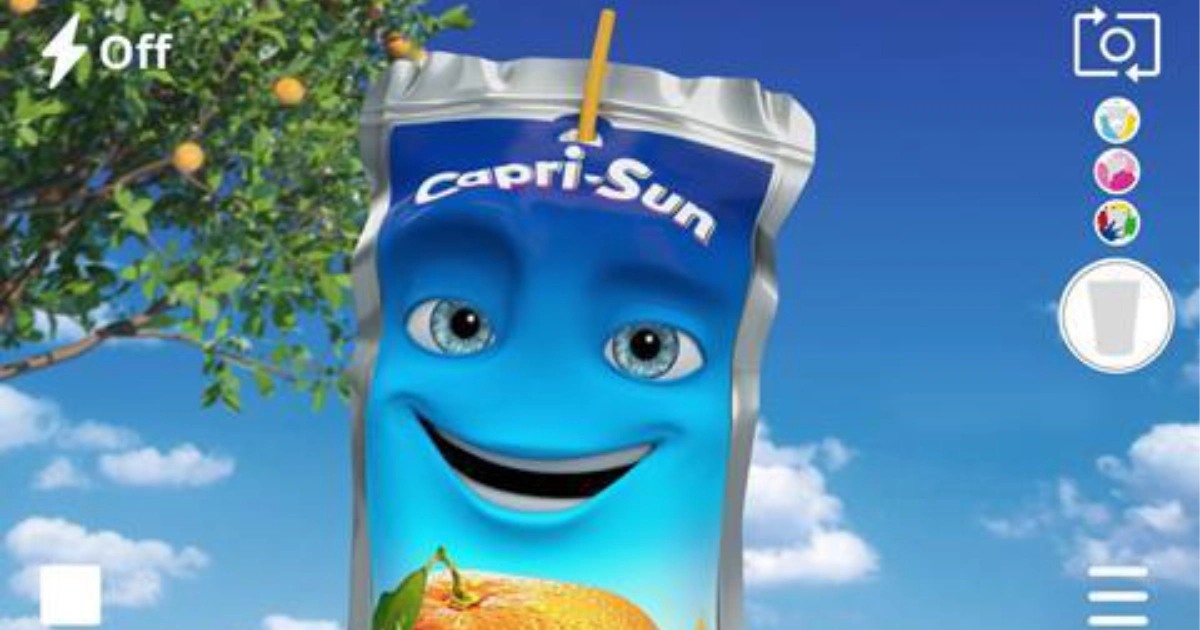
2006
Capri-Sun built websites where kids could win family vacations by submitting photos. Early adoption of digital channels kept the brand relevant as media shifted online.
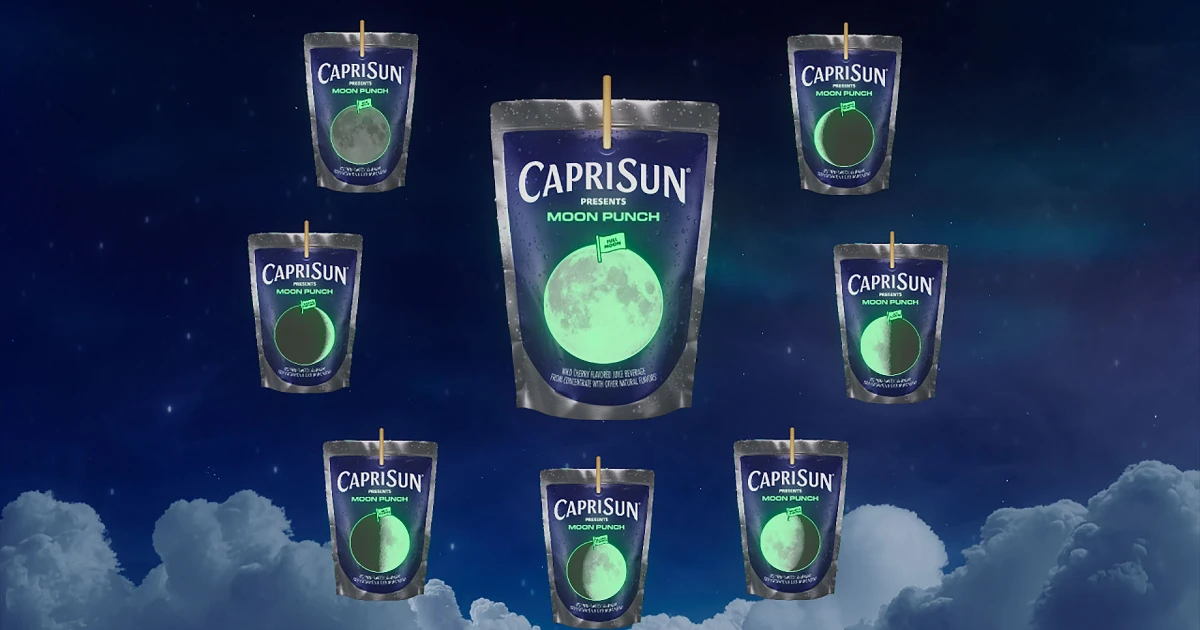
2010s
ESA modified Capri-Sun pouches for astronauts on the International Space Station. The pouches worked in zero gravity. This wasn’t marketing. It was proof that the design actually worked.
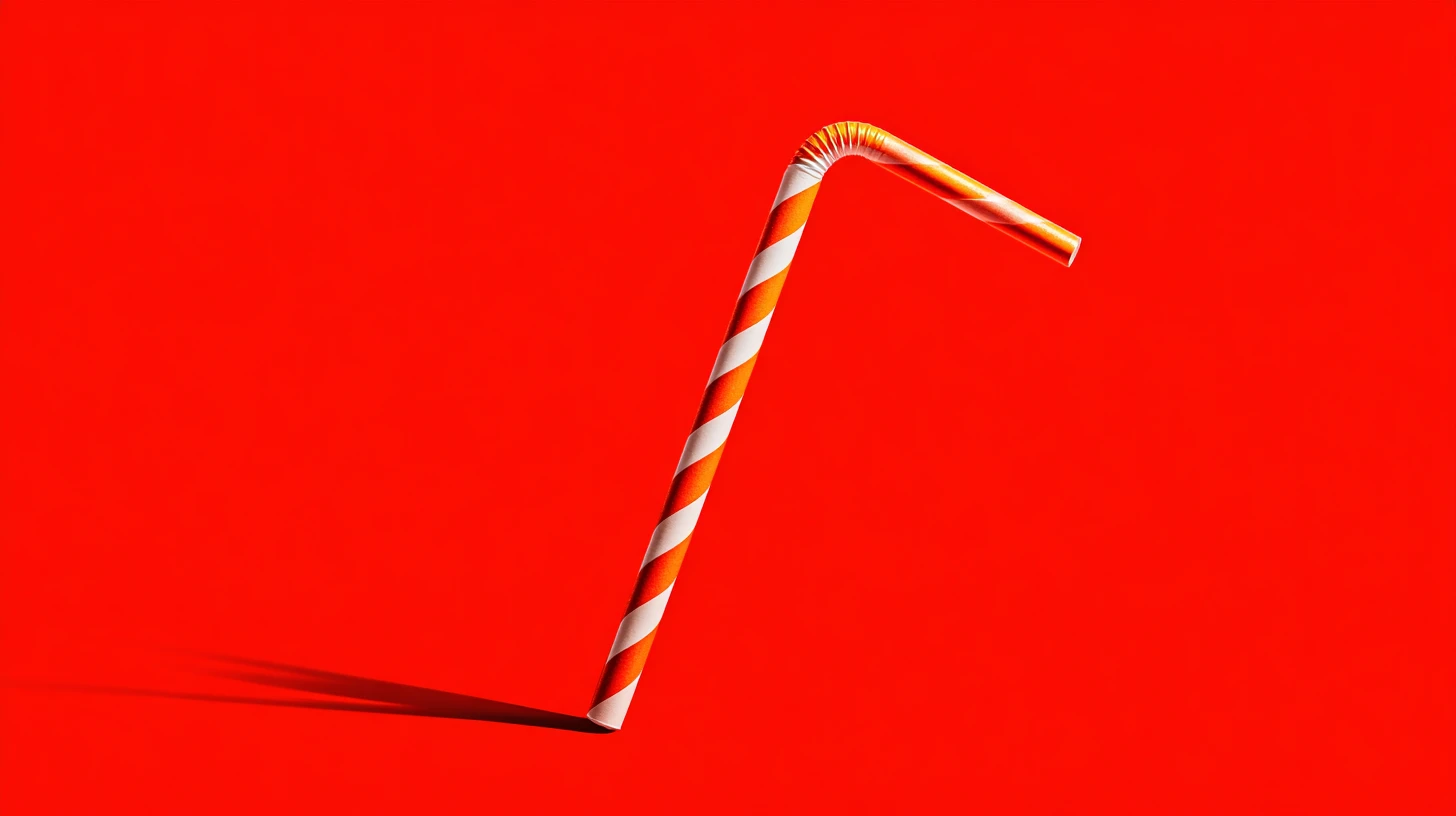
2021
The EU banned single-use plastic straws. Capri Sun switched to paper. The first major packaging change in 52 years. Paper straws got soggy and frustrated customers, but regulations demanded it.
By 2024, Capri-Sun asked the EU to allow plastic straws again, arguing that their new pouches and straws together create fully recyclable packaging. Paper straws must be separated from pouches for recycling. Plastic straws don’t. The petition continues on. But there is no sign in sight that the plastic will be coming back anytime soon.